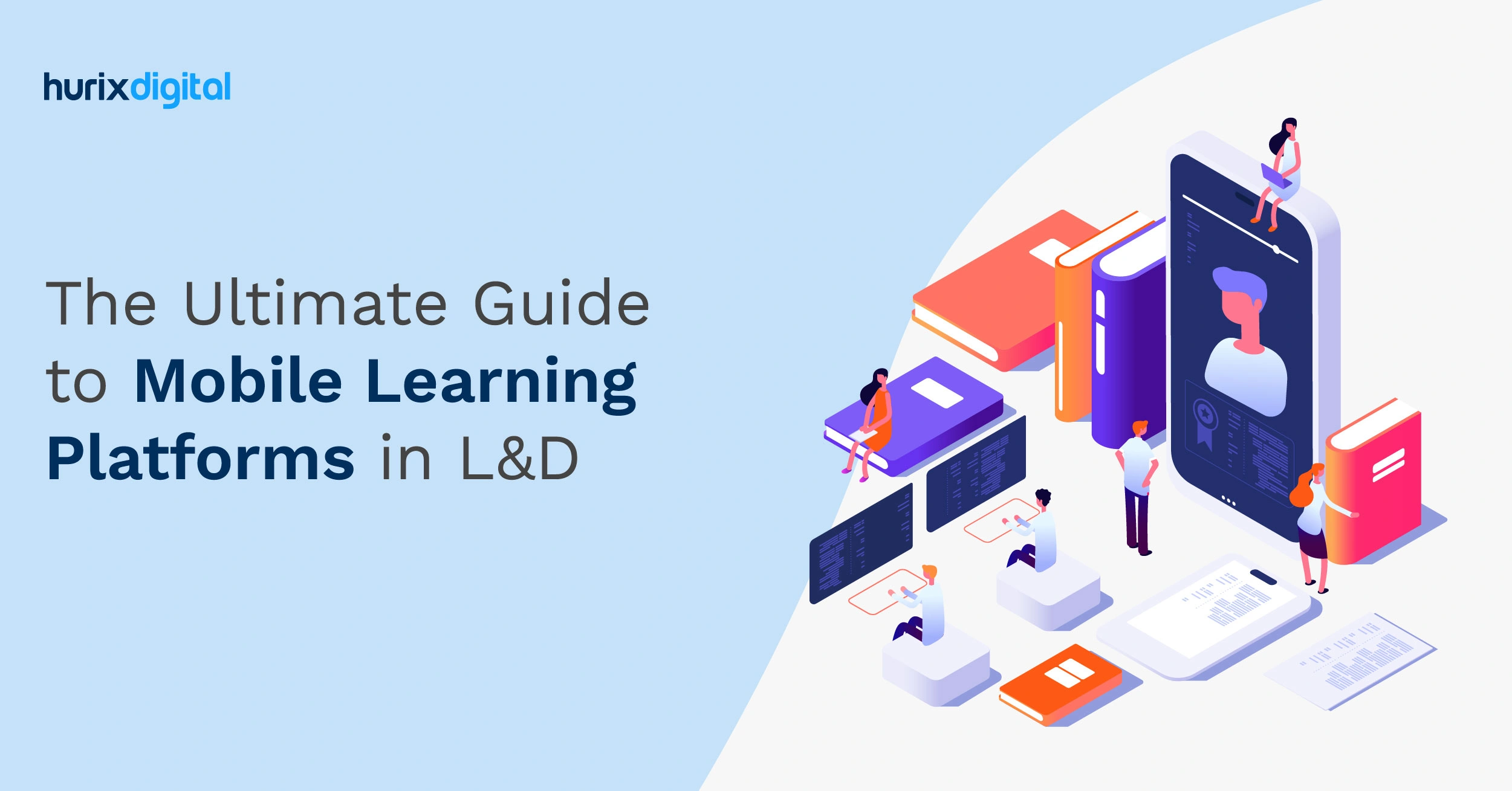
Enhance Your Employee Engagement with These LMS Features
Summarize with:
Lack of engagement among employees is one of the ongoing issues that most of the workplaces face today. A study suggests that only 15 percent of employees report a high degree of engagement at their respective workplaces. This problem affects multiple areas of business, including employee retention, overall productivity, and performance.
Implementing the use of an LMS for employee training is one of the effective ways to deal with this issue. A modern LMS with the capabilities to create custom content and target specific areas of employment can help you create, manage, and deliver specific training materials related to different job positions within your company.
Also Read: How to Create Online Course Modules for Employee Training
Table of Contents:
Among the different ways that an LMS can increase employee engagement include –
- Easy-to-use learning solutions
- Keeping employees updated
- Targeted ongoing training
- Various incentives and rewards
- Social learning experiences
- Results analysis
Also Read: 6 Innovative Methods for Onboarding New Employees
Top 6 Features in an LMS that Improve Employee Engagement
Although an increasing number of organizations today use learning management systems (LMS) to stimulate growth and learning among their employees, many of them still find it difficult to discover the features that would motivate and engage their employees more effectively.
If you’re facing a similar dilemma, here are the top features that your LMS should have to ensure better employee engagement.
1. Microlearning
Today’s workforce is tech-savvy and comfortable receiving information in small, bite-sized modules through multiple digital channels such as smartphones and social media platforms. This makes microlearning one of the top features and a growing trend in most of the LMS.
When it comes to employee training, organizations can leverage an LMS with microlearning capabilities to get the best out of the evolving learning mindset of today’s employees.
As the name suggests, microlearning is a unique structure for content and courses that call for bite-sized nuggets or smaller lessons and shorter assessments. An example of this would be dividing an hour-long lesson into 12 mini-lessons.
The simple reason that micro-learning is effective and helps to drive employee engagement is that it plays to the fact that our brains naturally work by processing and storing small chunks of information at any given time.
2. Gamification
Gaming is another feature that acts as a key determinant in adopting an LMS. Gamification techniques with real-life rewards help to incentivize employees to use their company’s LMS more frequently.
Gamification is essentially taking activities that take place on a day-to-day basis and applying game concepts to them. A little gameplay (plus rewards) through your LMS could help you considerably increase the engagement rates of your workforce.
Organizations can leverage this feature by incorporating interactive game elements into their training modules. Additionally, by rewarding employees with points, certificates, badges, and other similar incentives for course completions, organizations can further drive employee engagement to a whole new level.
Related Read: Gamification – The Secret Sauce for Employee Engagement?
3. Social Learning
Organizations today have a herculean task of catering to the learning needs of a multi-generational crop of employees, including the millennials.
Sparking a conversation amongst them is arguably one of the most effective ways of generating engagement. Adding a social element to your training program also allows you to take advantage of a number of other engagement metrics including –
- Knowledge sharing
- Newsfeed activity
- Asking questions
Additionally, social media is one avenue that is largely dominated by the young workforce. It presents a great opportunity for organizations to leverage an LMS with effective social learning functionalities to offer their employees the increased incentive to share, collaborate, and network with their colleagues and teammates.
Further, integrating social learning into your LMS enables you to encourage quick communication and effectively cater to the evolving learning needs of today’s employees.
4. Mobile Accessibility
As the reliance on mobile devices is rapidly increasing, learners today want the flexibility to complete training tasks from anywhere, anytime. Further, to provide personalized learning paths, an LMS must allow self-paced learning, and it can only do so with mobile accessibility.
It is, therefore, important to have a mobile-first LMS platform that allows employees to access modules from anywhere. Your employees would benefit immensely from this convenient mobile-ready option because everything’s easier when available on smartphones.
Also Read: 6 Ways to Use Mobile Learning to Enhance Employee Productivity
5. Employee Collaboration
As per a survey, 88 percent of the young workforce prefer a collaborative work culture that includes discussion boards, content sharing, and the ability to view or give ratings for courses and lessons.
An LMS with features to encourage employee collaboration can offer multiple benefits, including increased employee participation, community-building, and saving a lot of time for training instructors.
Also Read: How Can Enterprises Implement Simulation Training for Employees
6. Robust Analytics
Choosing an LMS with built-in reporting and analytics features/tools can help you analyze employee learning patterns, behaviors, and much more, to provide actionable insights to improve your overall training programs.
Having a great analytics tool can also enable your organization to customize the training to effectively engage employees and deliver content based on their individual needs, preferences, and priorities.
Conclusion
Enhancing employee engagement is among the main priorities for most organizations, and one of the best ways to maximize employee engagement is by employing an LMS equipped with features that help solve this problem – surely and systematically.
Employees in any organization are more likely to engage in training if the content applies directly to their role. Similarly, they may quickly lose interest if the content is not specific or does not directly relate to their scope of work.
Hurix Digital offers LMS having the above-mentioned features allowing you to cater to your employees’ requirements for increased engagement along with many other advantages such as better retention of knowledge, participation, collaboration, and improved productivity.
Need to know more about our Products & Services? Get in touch with us today.
Suggested Reads:
- 8 Best LMS Options to Enable Online Course Creation for your Employees
- Custom LMS- An Effective Way to Transform Employee Training
- eLearning Content Development for Effective Training
Summarize with:

Vice President & SBU Head –
Delivery at Hurix Technology, based in Mumbai. With extensive experience leading delivery and technology teams, he excels at scaling operations, optimizing workflows, and ensuring top-tier service quality. Ravi drives cross-functional collaboration to deliver robust digital learning solutions and client satisfaction
 A Space for Thoughtful
A Space for Thoughtful 



